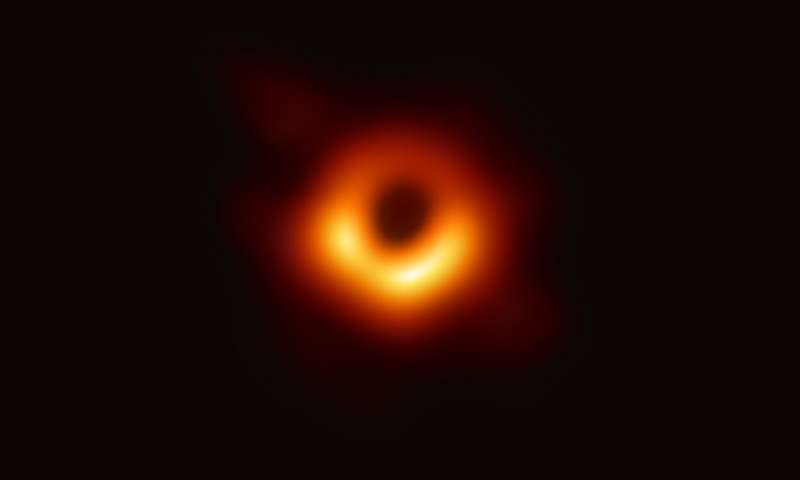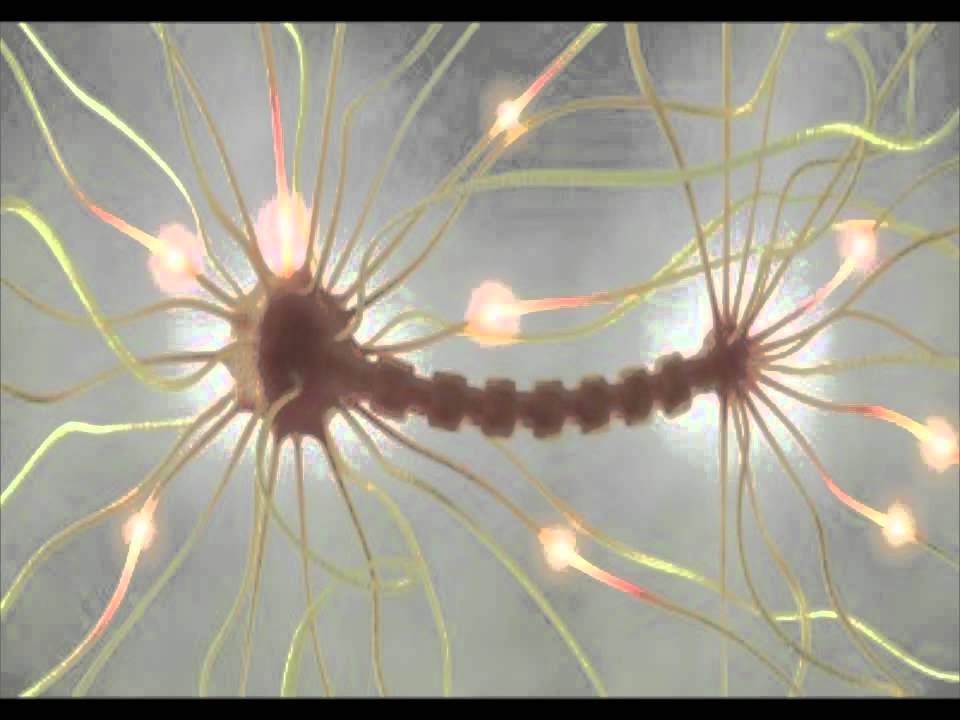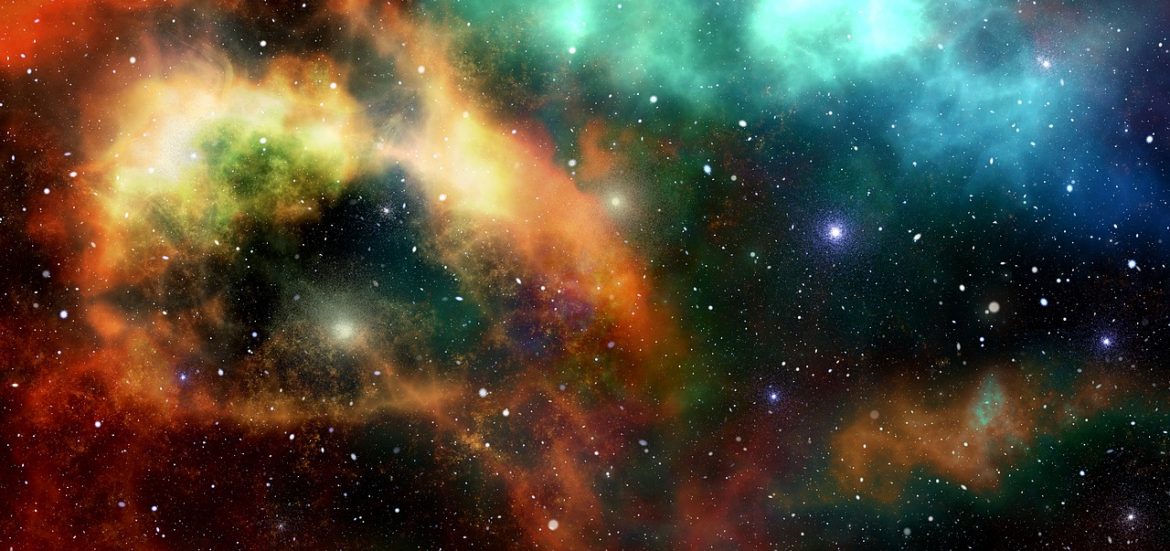‘Higher thought’ is an extremely powerful evolutionary adaptation, allowing humans to create and build all the things in the world. But we idolize it and project it onto the universe, and see God as pure thought. It isn’t just atheists that do so, but most scientists, philosophers and theologians.
Cosmic intelligence has nothing to do with thought however, and the human mind has to fall completely silent and be empty for communion with the immanent intelligence of the universe to be.
Most philosophers these days deny the existence of metaphysical reality, at least numinous if not ruinous. Hegel however, believed humans know metaphysical reality because it is a rational system and we are rational beings. He maintained, as a current academic philosopher put it, that we can “reason it out, infer it, and figure its nature out logically.” That’s simply false.
Metaphysical reality is rational, but man is essentially irrational. So Hegel and other Western philosophers were deeply mistaken when they maintained that man is a rational creature. That’s why the correspondence between the rational system of nature and the reason of man is tenuous at best.
To be sure, reason is the highest faculty of thought. However though the cosmos is rational, it cannot be understood through reason alone.
Indeed, nature, and ourselves, cannot be primarily understood through reason. For philosophers and scientists, that’s a hard pill to swallow. Devotees of reason and knowledge say things like, “The current call to be chastened with respect to knowledge, to have ‘humility in the face of mystery,’ is a pure arrogance of the present moment.”
That’s absurd of course, since there’s no such thing as “arrogance of the present moment.” That is the arrogance of the past and the present. Which is to say, the arrogance of the human mind continuing to place itself at the center and venerate thought as the highest thing on earth and in the universe.
Both the capability and hubris of the human mind were demonstrated today by the revelation that a black hole, Messier 87, which is nearly the size of our solar system, has been observed at the center of a huge galaxy 55 million light years away.

Credit: NSF
Keep in mind that if our sun could collapse into black hole, it would be less than 6 kilometers (4 miles) across—with exactly the same gravitational force holding all the planets in their orbits that it has now. A black hole the size of our solar system boggles the mind.
Yet Shep Doeleman, a Harvard astronomer and director of the Event Horizon Telescope that was able to capture the picture, said, after explaining how observatories across the planet were used to create, in effect, a single instrument: “It’s truly remarkable. It’s almost humbling in a certain way.” (Italics mine.)
Almost humbling in a certain way? What does that mean? It means that the gods of science do not feel humility, thereby showing they are straw gods after all.
Another astrophysicist on the project, Dan Marrone, proudly added, “We could actually fill in that final [black] hole, and show that the universe was working again in a way we arrived at by reason.”
There it is, “arrived at by reason.”
Given that black holes were indeed arrived at by reason from Einstein’s equations for general relativity (which Einstein himself tried to disprove actually existed by the way), then why has man generated so much disorder, fragmenting the planet and humanity all to hell using reason and the knowledge it has brought?
Because reason and knowledge are themselves instruments, not the highest principles of human life, much less the organizing principles of the universe.

Then what is the ordering principle of nature and the universe, and potentially, of the human mind and brain?
For that to be deeply perceived, reason has to be set aside. Knowledge has to be set aside. Memory in all forms has to be set aside. And the observer/self has to be negated in awareness and attention.
Then the ordering principle, or cosmic intelligence is directly perceived. That doesn’t preclude science at all; but science, when it venerates thought and reason, prevents direct perception of the wholeness and order of nature and the universe.
Reason is a function of ‘higher thought,’ which is an evolutionary adaptation par excellence. But it is still an adaptation, not the source of ongoing creation and evolution. For the experiencing of creation to be, thought in its entirely has to fall completely silent.
Can the human brain draw from the infinite well of the ongoing creation of the universe? Certainly, all the great insights of scientists have come from that source, not just the individual human brain.
When thought is completely still, a state of insight exists, and there is communion with creation, with “the mind of God.”
Martin LeFevre

